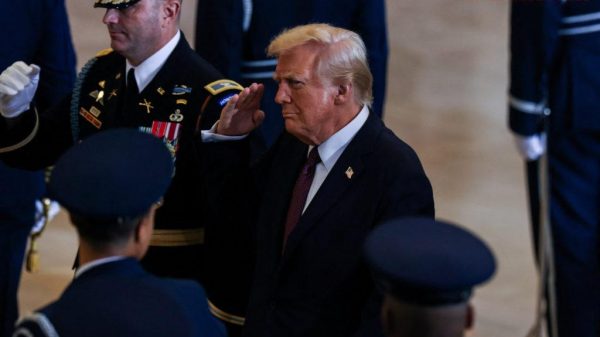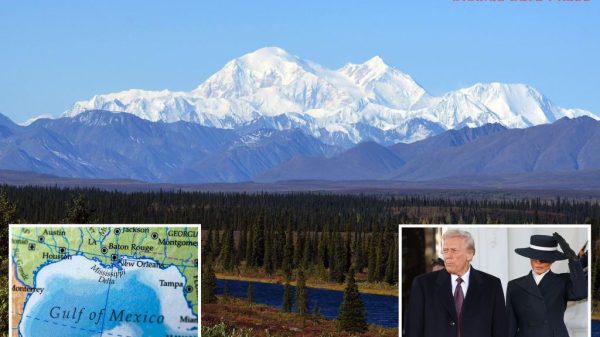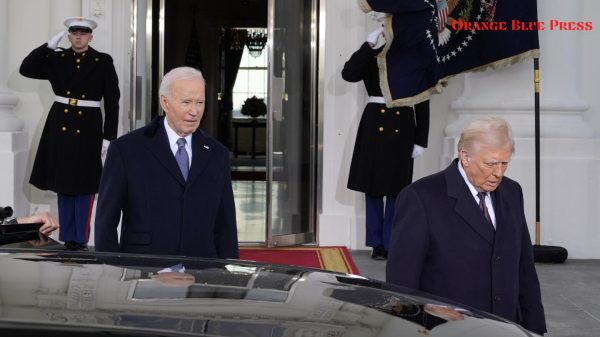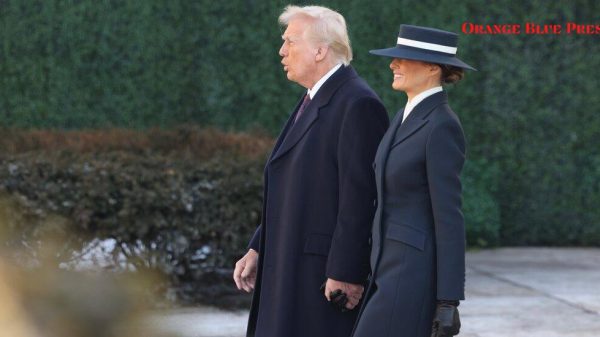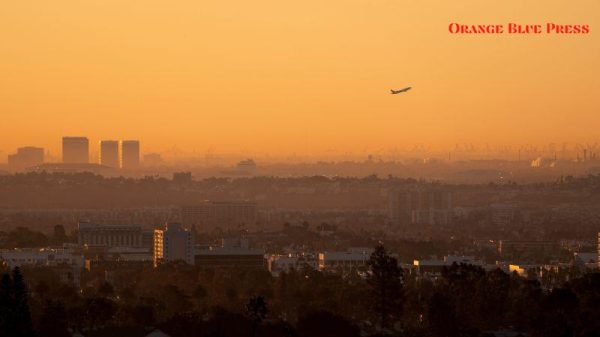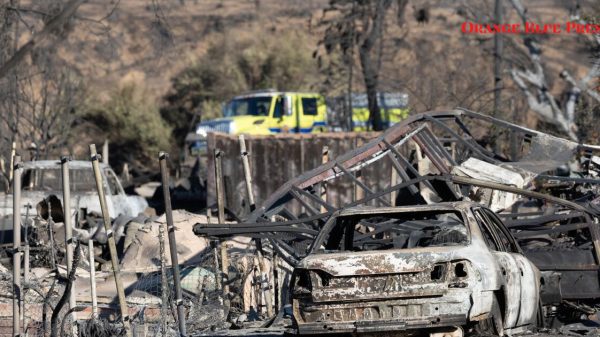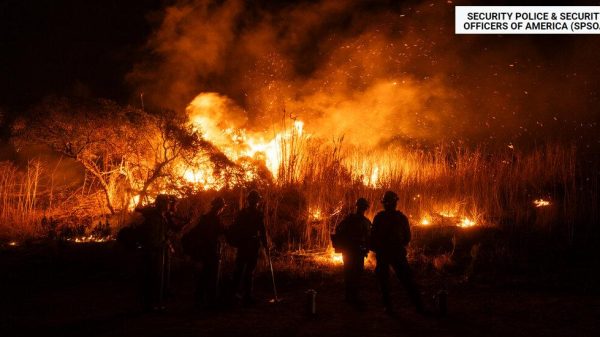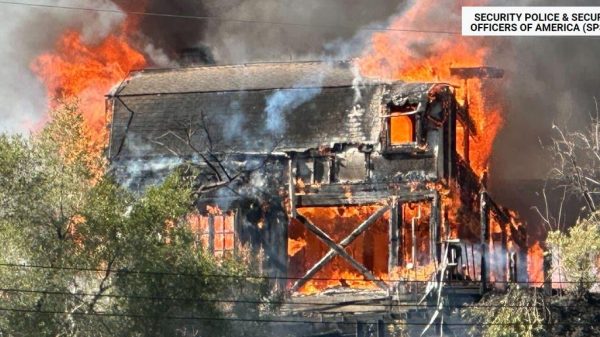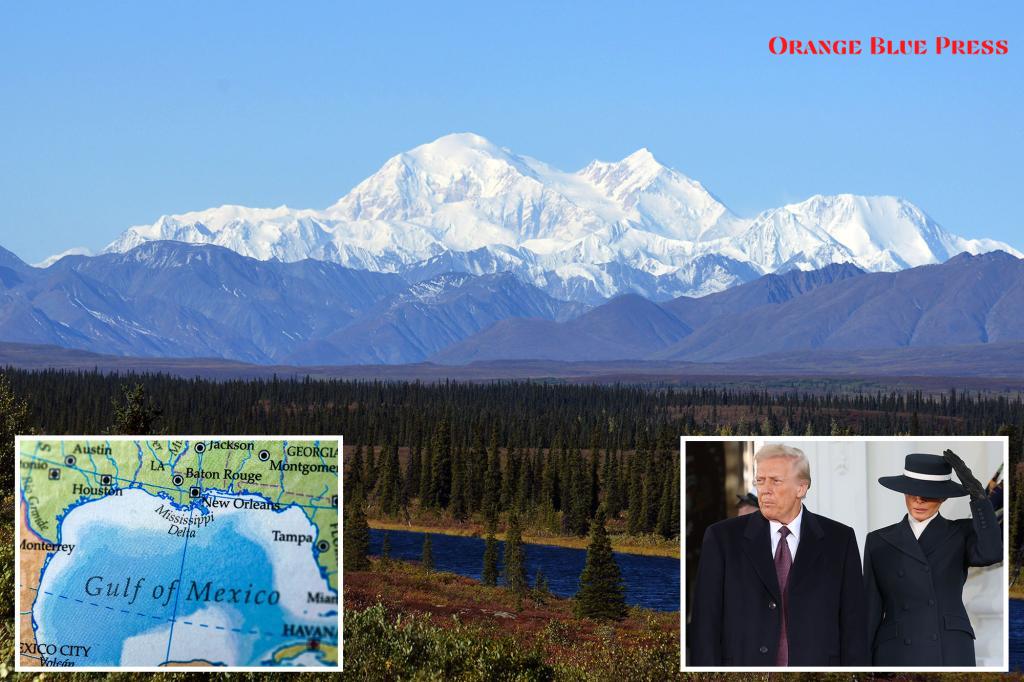In a surprising and bold announcement, President Donald Trump has declared his plan to rename the Gulf of Mexico to the ‘Gulf of America’ as one of his first acts in office. This decision, along with the reversion of Alaska’s Mount Denali back to Mount McKinley, is meant to honor what Trump describes as ‘American greatness.’ Many are watching closely to see the implications of these changes as they unfold.
Trump Will Rename the Gulf of Mexico
During his inaugural address, Trump made a point to reiterate his plans for the Gulf of Mexico. He explained that the Gulf—which is crucial for both seafood and oil production—is controlled by illegal cartels, and he emphasizes that it truly belongs to the United States. This renaming is part of a much larger picture of nearly 200 executive orders he aims to sign to reshape the nation’s landscape.
The Importance of Mount McKinley
The name change of Denali back to Mount McKinley is particularly significant for Trump. The mountain was named after President William McKinley in 1896, and in 2015, President Obama officially restored its original indigenous name, Denali. Trump’s decision reflects his desire to honor President McKinley and push back against previous administrations’ decisions.
Accomplishing Name Changes through Executive Order
As president, Trump holds the authority to enact these name changes via executive orders. This process involves federal agencies, including the Secretary of the Interior who will be directed to implement these new names in all federal communications and on official maps. However, it remains ambiguous whether schools and other non-federal entities will be required to adopt these new names.
Political Reactions and Controversy
Trump’s announcement has sparked immediate opposition, especially regarding the renaming of Denali. Senator Lisa Murkowski from Alaska has spoken out against this change, emphasizing the mountain’s historical significance to Native Alaskans. Additionally, the name change for the Gulf of Mexico has received criticism both domestically and internationally, with some arguing that such alterations may not be recognized by other countries.
How American Citizens Can Engage
Many Americans are curious about how they can get involved in these discussions. Keeping informed through news updates, joining local advocacy groups, or simply discussing these changes with friends and family can create greater awareness about the implications of political actions like renaming significant landmarks.
Understanding the Gulf of Mexico’s Importance
The Gulf of Mexico is more than just a body of water; it is a vital resource for the United States, contributing about 40% of the country’s seafood and half of its petroleum refining. Covering over 600,000 square miles, its renaming to the ‘Gulf of America’ could symbolize a strong claim over these crucial natural resources.
International Perspectives
The renaming of the Gulf has stirred international discussions, particularly with Mexico. President Claudia Sheinbaum criticized Trump’s proposal, even suggesting that North America be renamed to ‘Mexican America.’ This adds complexity to the political atmosphere surrounding the Gulf’s name change, raising questions about bilateral relations.
Conclusion: A Shift in American Identity?
As President Trump’s actions gain momentum, many are pondering how these decisions will shape America’s identity moving forward. The renaming of the Gulf of Mexico to the ‘Gulf of America’ and the restoration of Mount McKinley are emblematic of larger battles over history and naming rights, and they invite both support and opposition from various communities throughout the country.










